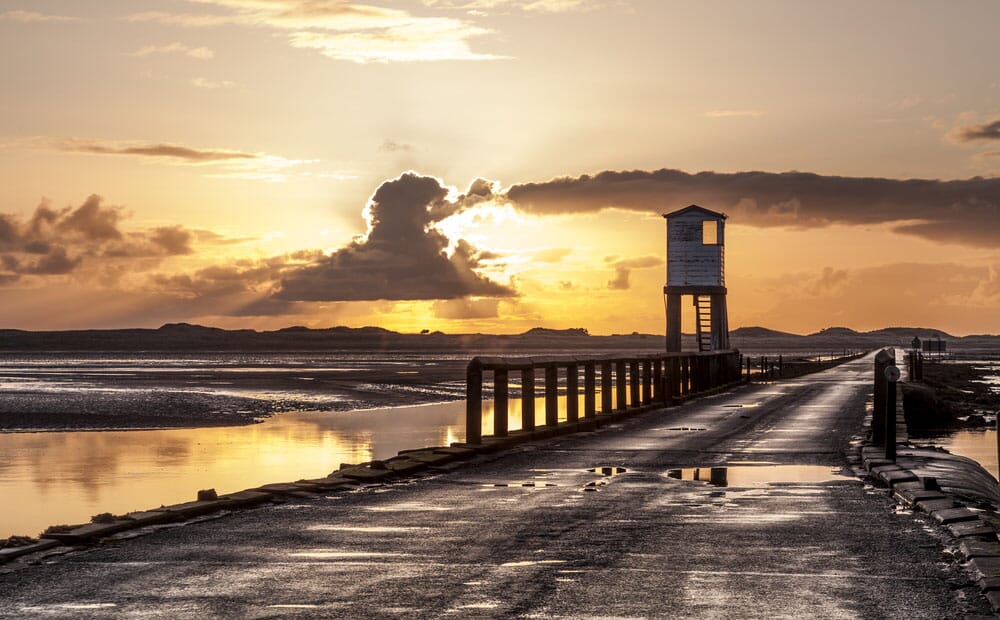
Visiting Holy Island or Lindisfarne (to give this pint-sized island its ancient name) is a must if you’re in Northumberland. This mysterious tidal island, connected to England by a causeway and 1 mile off Northumberland’s coast, is one of the most spiritual places to visit in Britain if you’re a Christian – and still a place of pilgrimage today. Even if you’re not spiritual, Holy Island has a saintly peace and quiet that you have to experience to understand.
It was on Holy Island, in AD 635, that St. Aidan arrived from Ireland to set-up a new Bishopric; which he did swiftly and soon this small tidal island became the Christian capital of the north. From this spot, the word of the Gospels spread throughout Britain, converting Anglo-Saxons from paganism to Christianity.
Visit Holy Island and expect to find heaven on earth. As well as the abundance of natural beauty to marvel at, Holy Island is awash with historical must-sees, including Lindisfarne Castle (originally built as military defence of the island in the 16th century) and the ruins of Lindisfarne Priory (the epicentre of Christianity in Anglo Saxon times and once the home of St Oswald). There are also a handful of shops to explore (The Scriptorium, The NT shop, The Fudge shop, The Craft shop, The Art shop) and cosy pubs (The Ship, The Crown and Anchor, The Manor House Hotel) to hunker down in with a pot of tea or a local gin.
Lindisfarne is heaven on earth – a place which touches your soul with its remarkable beauty, peace, wildlife, and history.
VISITING HOLY ISLAND
First, check the Holy Island tide times
Holy Island is a tidal island, so you can only reach Holy Island twice-daily during six-hour periods. So before you set off, check the Holy Island tide timings in case you arrive and the causeway is submerged by the swollen jaws of the north sea; although, to be honest, the flooded causeway is a sight itself worth seeing.
Plan it right, however, and the causeway will ribbon out before you and, on either side, a vast expanse of wet mudflats will glisten like polished glass. The only interruptions to this incredible vista are the long black poles that mark the Pilgrims Path over the sands and the calls of curlews dotting the sands. This crooked string of poles has been used since the late 6th century as a guide along the mud – and it still offers a safe route for Pilgrims today.
If you fancy the idea of a staying on Holy Island, marooned as a visitor, it is quite an experience. Plan your trip to be safely on the Island as a tide of day visitors leave to cross to the other side – then watch them go and the tide slowly creep in. The feeling of remoteness and isolation that remains is truly sublime.
VISITING HOLY ISLAND
What is Holy Island like?
It’s not hard to see why St Aidan thought Holy Island a spiritual place. On a cold day, when the wind tightens your face and draws tears to your eyes, the austerity of 1,350 acres of volcanic rock and bleached-out grasses, surrounded by the iron bite of the north sea, is about as distraction-free a route to God as you can get.
But even on a warm day, this 3-mile stretch of island, north of Bamburgh and south of Berwick-Upon-Tweed, feels blessed by something bigger than simply sunshine. For thousands of years it’s been a place of worship and home to spiritual healing. In fact, Holy Island is the final destination of St Cuthbert’s Way, a long distance pilgrimage route and one of Scotland’s Great Trails. So when you visit, a walk around the Island is a must.
Alongside the serenity, Holy Island is a mecca for wildlife. Tidal mudflats, saltmarshes and dunes all come together to form the Lindisfarne National Nature Reserve. In the autumn, there’s wildfowl and in the winter there are wading birds on the reserve. You may not see the curlews, ringed plovers and pale-bellied brent geese, but listen carefully and you can probably hear them.
Also keep your eyes on the waters around the island; grey seals are often seen bobbing in the waters and sunbathing on the sands.
VISITING HOLY ISLAND
Do this: Head to Lindisfarne Castle
Nowhere is the peace more intense, in our opinion, than at Lindisfarne Castle. This tiny castle perches 100ft up on a whin stone hill called Beblowe to the east of the Island’s small village and the highest part of Holy Island.
The castle itself sits hunched against the North Sea, with a thick protective belt of stone separating it from the crag it rises from. Once upon a time, Lindisfarne Castle protected the island and English border from Scottish and Viking invaders. In more recent times, it fell into a period of neglect and abandonment.
Thankfully, it was spotted by Country Life Magazine founder Edward Hudson in 1901 who turned it into a holiday home. And WHAT a holiday home.
The castle is so welcoming. Despite a stern looking exterior, with muscles of savage rock, Lindisfarne Castle is actually as inviting as a Hobbit’s nook. You wander through a warren of rooms with walls rising smooth into curved ceilings – each one as embracing as a hug, neatly furnished and free from excesses of extravagance. The castle is a total surprise inside and you’ll leave envious that Edward and his castle guests were able to hole up here, with log fires roaring and champagne bubbling, whilst the heartbeat of Northumberland thundered on outside.
Top Tip: The castle sits a long, long way from the main car park at the start of the island, so be warned: although the walk is fabulous on a warm day – offering sweeping views of the harbour and coastline – it would be a little too far to walk if the heavens opened. Plus, there is nowhere on the route to take shelter. So if you don’t want to risk the walk, I recommend the castle shuttle bus that runs every 20 minutes
VISITING HOLY ISLAND
Visit this: Lindisfarne Priory
After the castle, head to Lindisfarne Priory. It is a hallowed spot and no visit to Holy Island is complete without it. To reach the priory, head back from Holy Island Castle, following the shoreline of the harbour with its distinctive overturned boats – a well-known feature of Holy Island. Pass beside the fishing sheds, and you’ll come to a field which takes you alongside the Priory and to its entrance.
On this patch of field, some 1,400 years ago, St. Aidan built his monastery; although nothing of this early Irish structure remains. What you see instead are the colossal ribs and joints of a grand 12th-century priory – the most impressive of them being the extraordinary rainbow arch soaring into the blue sky.
But don’t be down-hearted that only ruins remain. We found that imagining the lives of the Benedictine monks, who once sashayed against the stones, an enormous thrill. Your imagination is further fired by the information boards and drawings. Plus, the small, yet extremely well-appointed, English Heritage on-site museum is great for sinking yourself into the stories that make this place – and the whole of Holy Island – heaven on earth.
VISITING HOLY ISLAND
Try this: Lindisfarne Mead at St. Aidan’s Winery
In the centre of Holy Island you’ll find St. Aidan’s Winery – the home of Lindisfarne Mead. Mead is a unique alcoholic fortified wine that’s been drunk for centuries as an an ‘aphrodisiac’. Indeed, the word Honeymoon is derived from the ancient Norwegian custom of having newly-weds drink mead for a whole moon (month) in order to increase their fertility and therefore their chances of a happy and fulfilled marriage.
Lindisfarne Mead is made on Holy Island from fermented white grapes, honey, herbs, the pure natural water from the island’s artesian well fortified with fine spirits. Head to the showroom at St. Aidan’s Winery, which has been open to the public since 1968 and attracts over 200,000 visitors annually from all over the world. And ask for a free sample of Lindisfarne Mead; it’s a lovely drink for whatever the season.
If you’re more of a gin lover, then you could try Lindisfarne Gin. it’s produced by the sister company of St. Aidan’s Winery, The Alnwick Rum & Spirts Company, and contains Meadowsweet herb that can be found growing on the island.
Pic Credits: St. Aidan’s Winery
VISITING HOLY ISLAND
See this: Holy Island’s Wildlife
Holy Island thrives with wildlife, from its resident wildlife such as the grey seals to its migratory bird population. As such, it is part of the Lindisfarne National Nature Reserve (3,541 hectares protecting a long stretch of coast) and has been designated a Special Protection Area for birds. So if birdwatching is your thing, then you’re in luck. The flats can host up to 50,000 waterfowl, and are a top spot for birdwatching with 312 species on record.
Birdwatching is very good during migration time and large numbers of waders and waterfowl can be seen during winter, including the light-bellied brent goose, greylag, pink-footed goose, wigeon, grey plover and bar-tailed godwit.
Two of the best spots to get a glimpse of Mother Nature on the Island is the Window on the Wild Lindisfarne (a high quality viewing area and environmental education point overlooking Rocket Field) and The Lookout Tower (an old coastguard lookout tower where islanders would watch out to make sure boats had safe passage in stormy weather. You can now climb to the top of the lookout to enjoy a stunning 360-degree panorama of Holy Island and its ever changing landscape.) Both are free to access.
.
Pic Credits: The Lindisfarne Centre
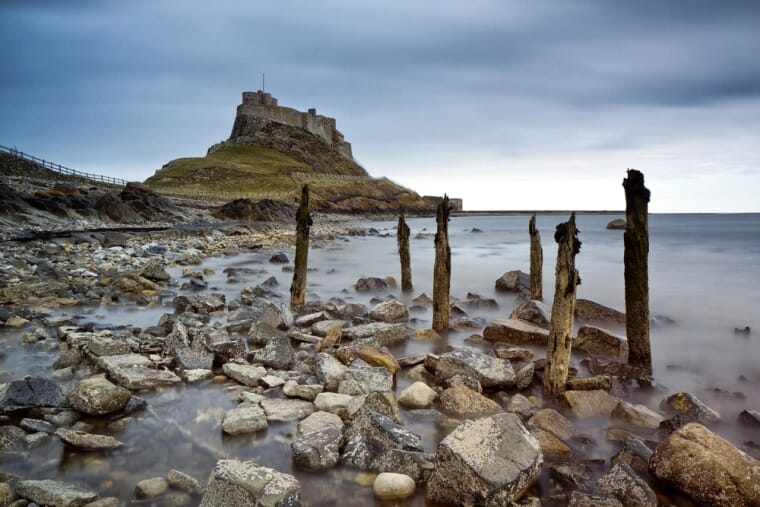











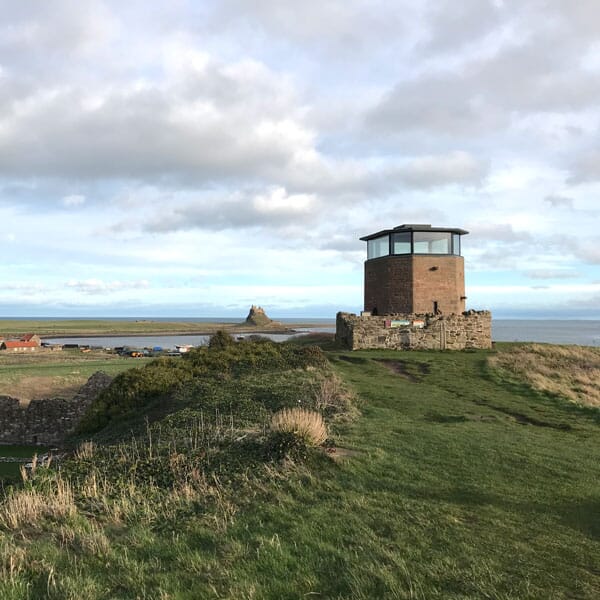
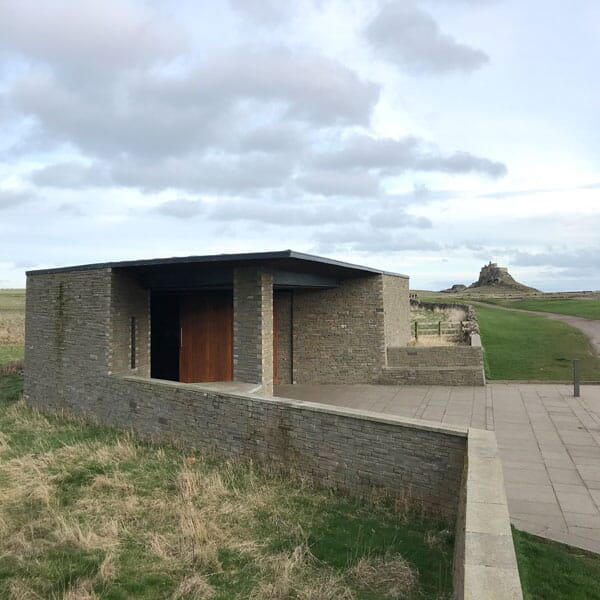
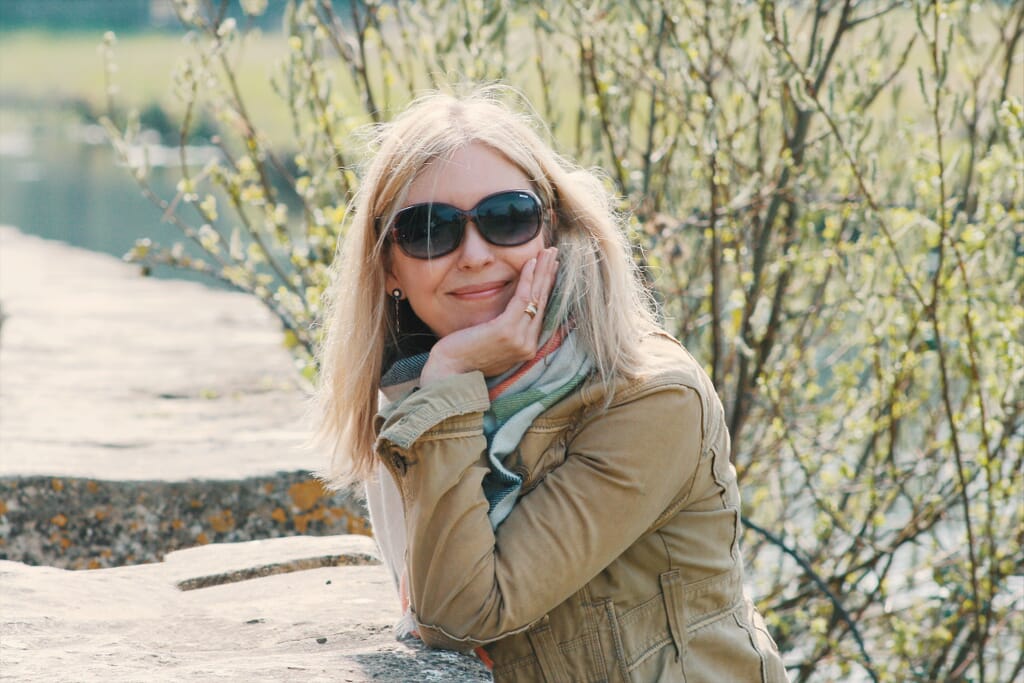
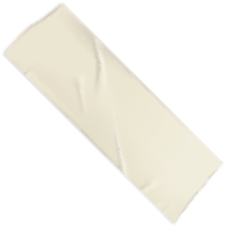
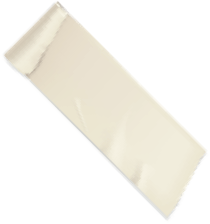




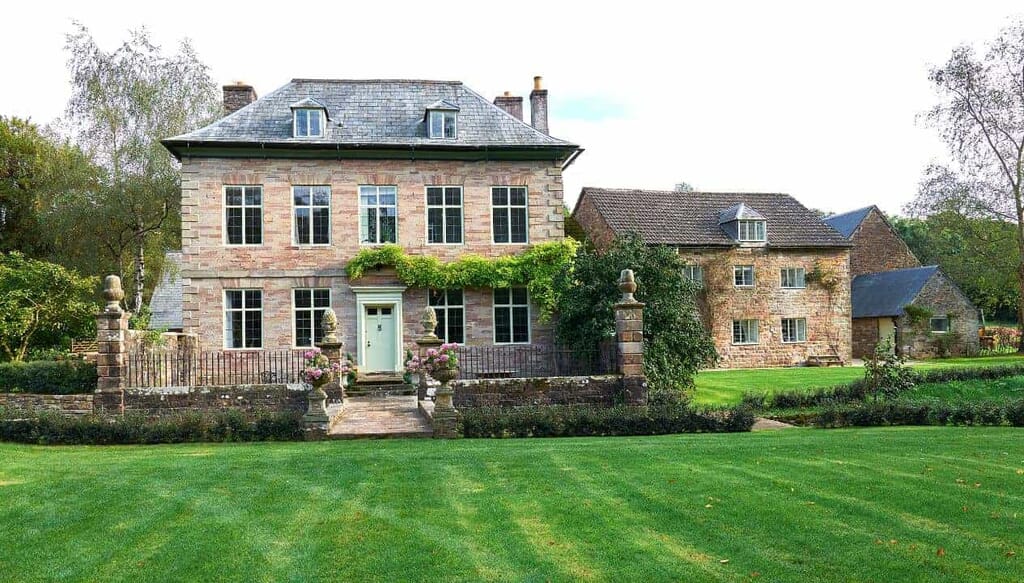

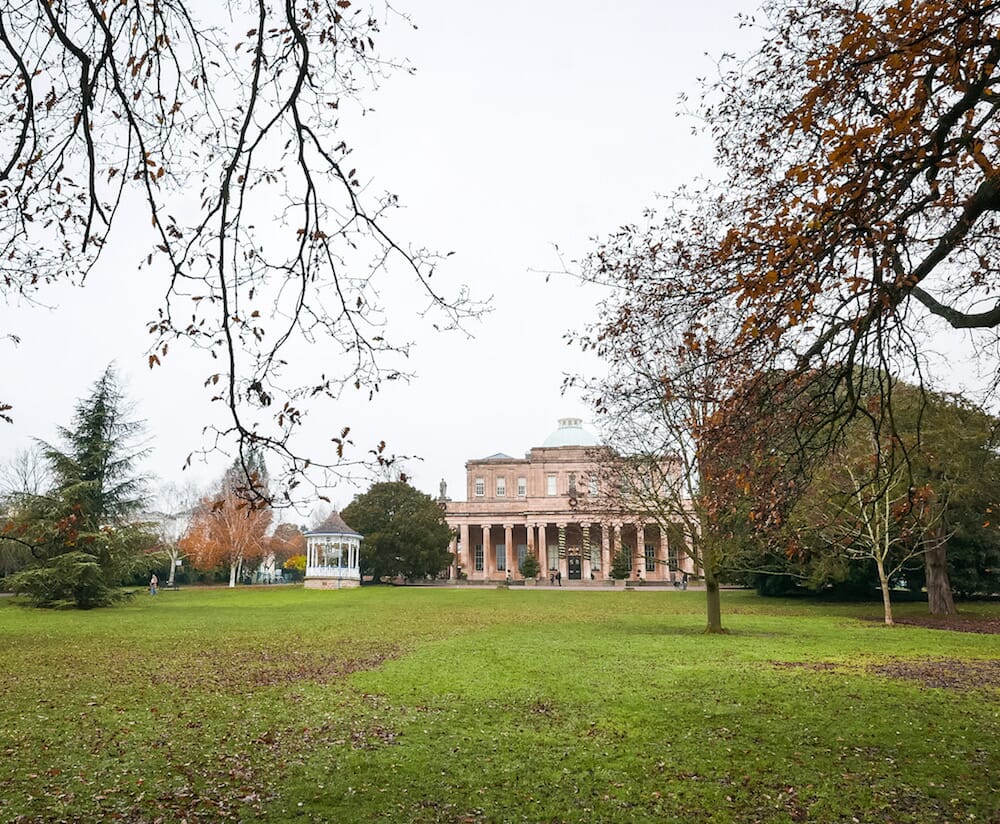
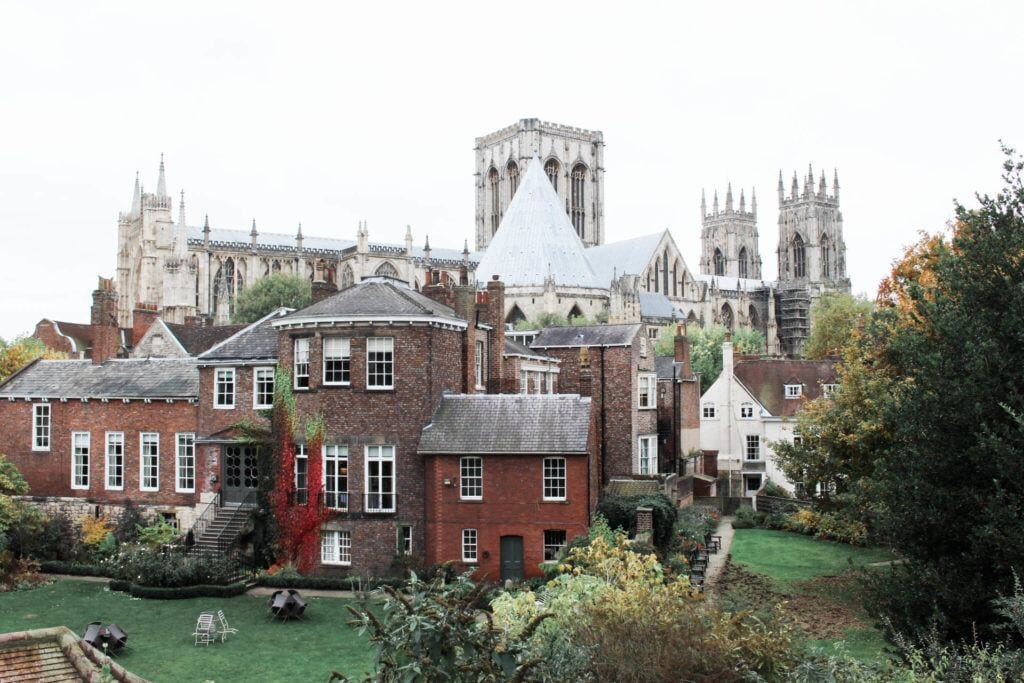
Leave a Reply